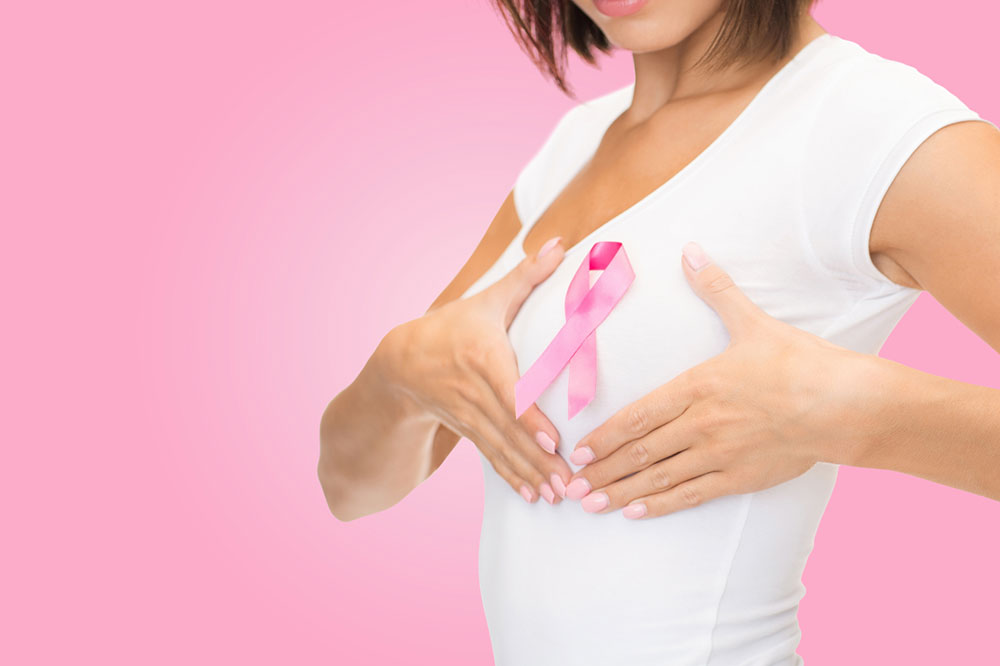
Factors That Elevate the Risk of Breast Cancer
Breast cancer, the leading form of cancer affecting women after skin cancer, has a high mortality rate. Knowing the common risk factors for breast cancer can facilitate early diagnosis and commencement of treatment, along with increasing the chances of successful treatment. Some of the common risk factors for breast cancer that one should know about are:
Lifestyle-related factors that can be controlled
- Alcohol consumption: According to studies, the risk of breast cancer for women who consumed an alcoholic drink every day increased by about 7-10% than those who did not drink at all. Consuming more than one drink further increases the risk.
- Being obese or overweight: Being overweight or obese, especially after menopause, can increase a woman’s risk of developing breast cancer. This is because the estrogen levels in the body can increase if one has excess fatty tissue. Also, being overweight means one can have higher blood insulin levels, which has been linked to breast cancer.
- Not having children: Women who haven’t had children or have got pregnant after the age of 30 are at a higher risk of breast cancer.
- Birth control methods: Certain forms of birth control like oral contraceptives, birth control implants, and hormonal IUDs are also among the common risk factors for breast cancer.
Common risk factors for breast cancer that cannot be controlled
- Gender : Although men have been diagnosed with breast cancer, it is very rare. Women are more susceptible to this condition.
- Age: Most cases of breast cancer have been diagnosed in women who are 55 years or older.
- Gene mutations: Certain gene mutations that occur in the BRCA1 and BRCA2 genes can be inherited from a parent. This accounts for about 5-10% of all breast cancer cases. Other gene mutations, like those affecting the ATM, TP53, CHEK2, and PTEN genes, could also cause breast cancer.
- Family history: People with a close male or female relative, like mother, father, or a sister, brother, or daughter, diagnosed with breast cancer are more susceptible to the disease. Such cases account for 15% of all breast cancer cases.
- Ethnicity: Research has found that this form of cancer affects more Caucasian women than African-American women.
- Early menstrual periods or late menopause : Girls who start menstruating before the age of 12 are at a higher risk of developing breast cancer. Also, women who reach menopause after the age of 55 are more prone to this condition. This is because of being exposed to the hormones estrogen and progesterone for a longer time.
Breast cancer is highly treatable, and reports say that there are about 3.5 million survivors of breast cancer in the country. Knowing about the common risk factors for breast cancer can aid early screening and treatment to manage the disease.



